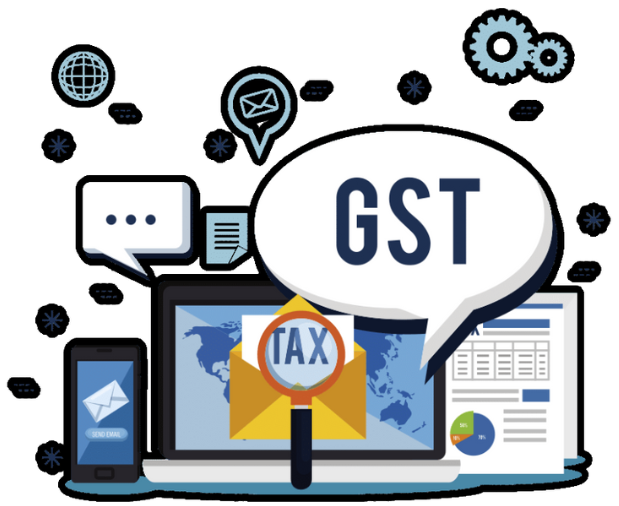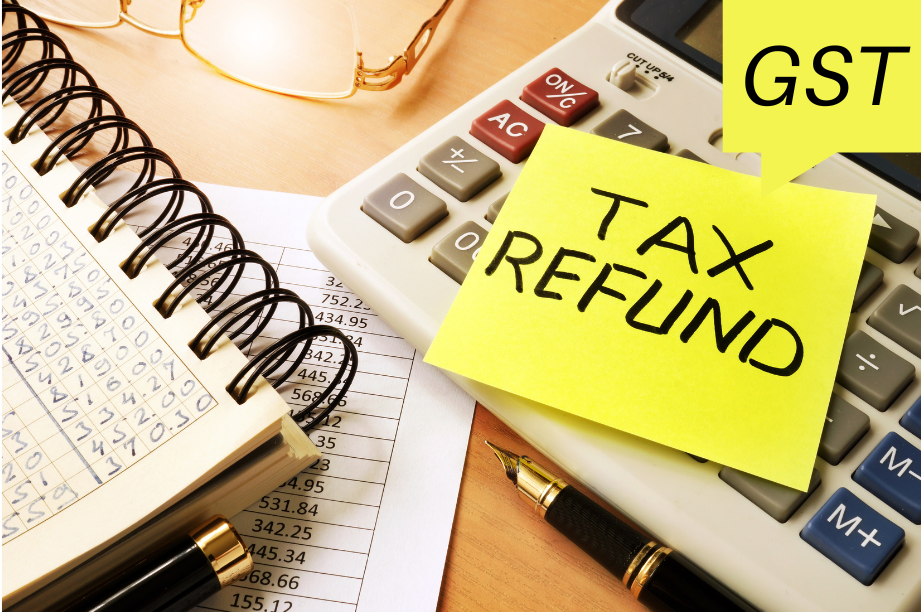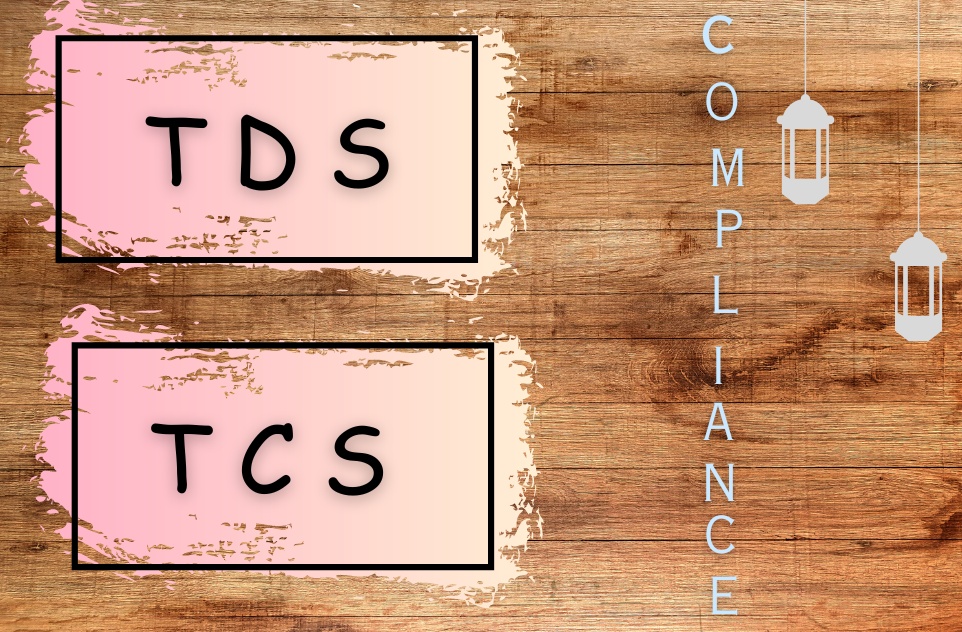Super Senior Citizen
(who is 80 years or more at any time during the previous year)
| Net Income Range |
Rate of Income-tax |
|
Assessment Year 2024-25 |
Assessment Year 2023-24 |
| Up to Rs. 5,00,000 |
- |
- |
| Rs. 5,00,000 to Rs. 10,00,000 |
20% |
20% |
| Above Rs. 10,00,000 |
30% |
30% |
Hindu Undivided Family
(Including AOP, BOI and Artificial Juridical Person)
| Net Income Range |
Rate of Income-tax |
|
Assessment Year 2024-25 |
Assessment Year 2023-24 |
| Up to Rs. 2,50,000 |
- |
- |
| Rs. 2,50,000 to Rs. 5,00,000 |
5% |
5% |
| Rs. 5,00,000 to Rs. 10,00,000 |
20% |
20% |
| Above Rs. 10,00,000 |
30% |
30% |
2. Partnership Firm
For the Assessment Year 2024-25, a partnership firm (including LLP) is taxable at 30%.
3. Local Authority
For the Assessment Year 2023-24 & 2024-25, a local authority is taxable at 30%.
4. Domestic Company
Income-tax rates applicable in case of domestic companies for assessment year 2023-24 and 2024-25 are as follows:
| Domestic Company |
Assessment Year 2023-24 |
Assessment Year 2024-25 |
| ♦ Where its total turnover or gross receipt during the previous year 2020-21 does not exceed Rs. 400 crore |
25% |
NA |
| ♦ Where its total turnover or gross receipt during the previous year 2021-22 does not exceed Rs. 400 crore |
NA |
25% |
| ♦ Any other domestic company |
30% |
30% |
5. Foreign Company
Assessment Year 2023-24 and Assessment Year 2024-25
| Nature of Income |
Tax Rate |
| Royalty received from Government or an Indian concern in pursuance of an agreement made with the Indian concern after March 31, 1961, but before April 1, 1976, or fees for rendering technical services in pursuance of an agreement made after February 29, 1964 but before April 1, 1976 and where such agreement has, in either case, been approved by the Central Government |
50% |
| Any other income |
40% |
6. Co-operative Society
Assessment Year 2023-24 and Assessment Year 2024-25
| Taxable income |
Tax Rate |
| Up to Rs. 10,000 |
10% |
| Rs. 10,000 to Rs. 20,000 |
20% |
| Above Rs. 20,000 |
30% |






